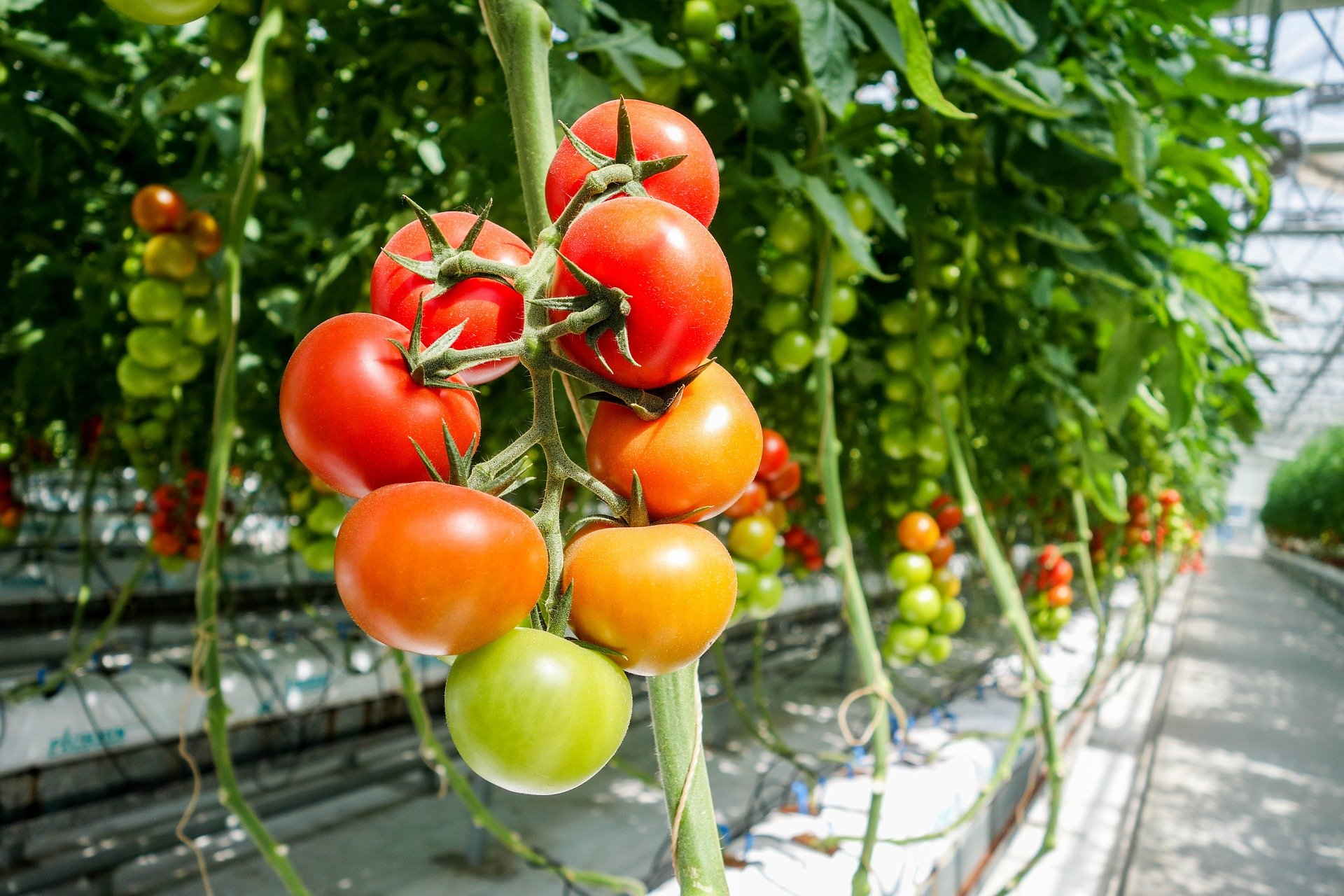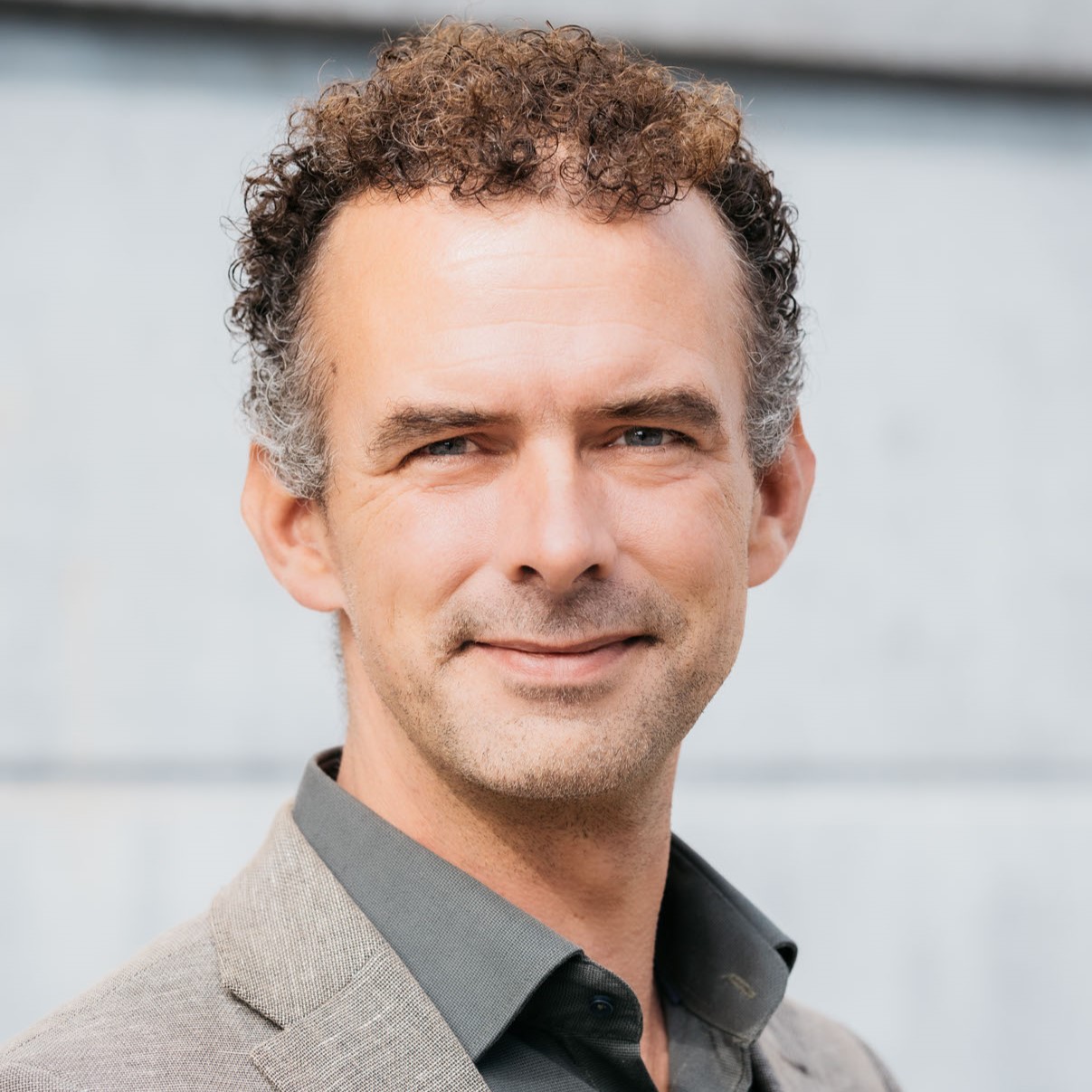Climate-neutral greenhouse horticulture

Future-proof greenhouse horticulture. That is the focus of all the partners in Greenports Netherlands. A strategy was developed with the Provincial government organisations, Greenports, Glastuinbouw Nederland (Dutch Greenhouse Horticulture Association), trade unions and the Ministry of Agriculture, Nature and Food Quality and laid down in the Dutch Horticulture Agreement.
Future-proof greenhouse horticulture
One very important part of the Horticulture Agreement is the way plants will be cultivated smartly and in a healthy way in the future. Ultimately climate-neutral, and preferably without the use of natural gas. That still seems like a dream at the moment, but Greenports Nederland wants to have conquered that challenge by 2040. There are good reasons why Dutch horticulture is a global leader. We achieve this by setting goals that transcend the competition, and we make those goals come true. This gives us a head start in terms of knowledge and competition and it means we can continue to set the trend and market our products and knowledge worldwide.
With its strategy for climate-neutral horticulture, the sector is responding to a number of unavoidable global trends. Retailers and consumers are increasingly demanding sustainable products, and we want to be the first to deliver them. Climate agreements at national and international level are aiming to avoid fossil resources. The use of natural gas is set to become more expensive in the future – either directly or indirectly through taxes – and we want to have alternative energy and CO2 sources available now. Thanks to investments by entrepreneurs and companies, we’re in good shape. With all the geothermal and CO2 projects and programmes such as Cultivation New Style (Het Nieuwe Telen), Dutch greenhouse horticulture is the absolute frontrunner in terms of energy efficiency and sustainability.
In the short term, there is a great deal of uncertainty about how to make greenhouse horticulture sustainable. The impact of the corona crisis on the sector is incalculable. It is true that the tax on the storage of renewable energy (ODE) has thrown a spanner in the works for investments in sustainable greenhouse horticulture. Gas is far too cheap, and the effect of the Climate Agreement currently seems to be hindering the supply of CO2 from industry. The SDE++ subsidy still has to be adjusted to the heat and CO2 projects for this sector. But at the same time, politicians have recognised that these problems exist, and the Ministry is working on solutions.
As part of its energy theme, &Flux is working on the Area Elaboration described in the Horticultural Agreement. This simply means that agreements must be made in each greenhouse horticulture area about how we will provide sustainable CO2, heat and electricity as a replacement for natural gas in the next 20 years. &Flux is coordinating this process for the 80+ greenhouse horticulture areas in the Netherlands. We notice in our work that the lack of clarity is being felt in the short term but nobody is losing sight of the long-term strategy. The market and the Government want to thank this sector and everyone who is supporting this drive towards sustainability!
